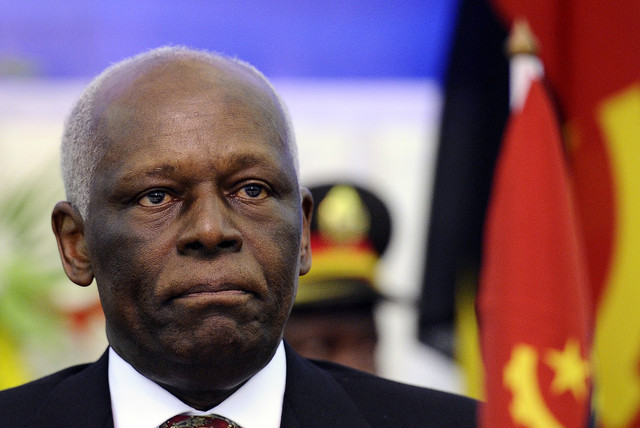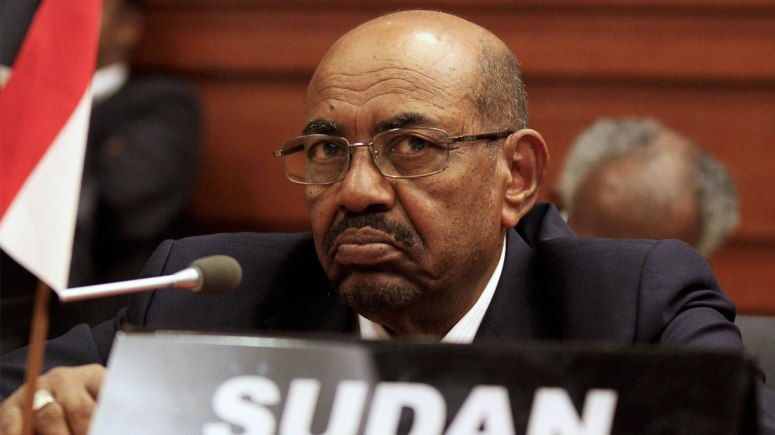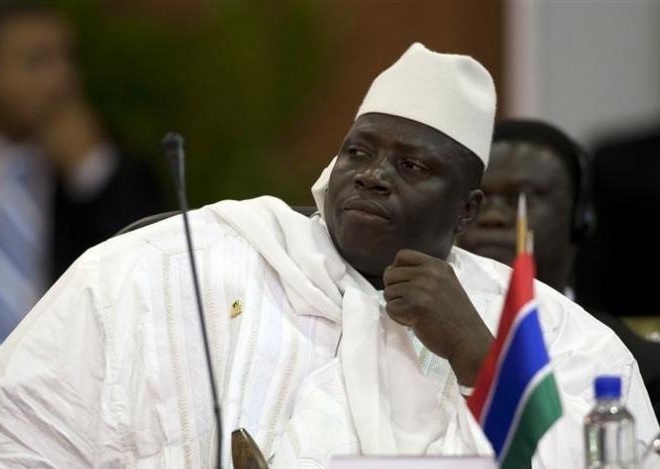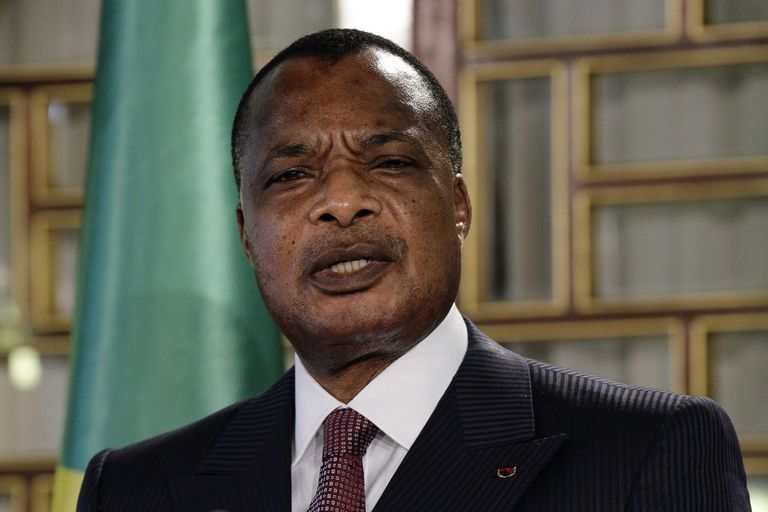
According to the Merriam-Webster dictionary, change is ‘to replace with another’ or ‘to make a shift from one to another’.
Change seems scary but it is absolutely necessary. In fact, people are scared of plunging into the unknown and will cling to what they are used to even if it’s hurting them. From the moment a living thing comes into existence, it undergoes physical changes (scientifically true and with indisputable evidence). With humans, the babies experience growth which leads to rapid physical change as they eventually transition into adulthood. Change = Growth!
If change is certain in all other areas of human life as we know it;
- What makes politics in Africa any different?
- Why do African leaders deny the necessity of change?
- Why do Africans let African leaders stay in power for longer than necessary?
- Why doesn’t change apply to many African dictatorial regimes under the guise of being democratic?
As I ponder the significance of change, here is a profile of Africa’s L.O.N.G.E.S.T serving presidents:
- TEODORE OBIANG NGUEMA MBASOGO (Equatorial Guinea – 36 years)

Obiang overthrew his uncle on 3 August 1979 in a bloody coup d’état and placed him on trial for his activities, including the genocide of the Bubi people, over the previous decade. His uncle was sentenced to death and, on 29 September 1979, executed by firing squad. Obiang’s regime has been described to be one of the most corrupt, ethnocentric, oppressive and most undemocratic in the world.
2. JOSE EDUARDO DOS SANTOS (Angola – 36 years)

Seizing power after the natural death of his predecessor in 1979, Agostinho Neto, Jose Eduardo Dos Santos does have an equally unsavory human rights record. Dos Santos has been accused of leading one of the most corrupt regimes in Africa by ignoring the economic and social needs of Angola and focusing his efforts on amassing wealth for his family and silencing his opposition, while, nearly 70% of the population lives in abject poverty.
3. ROBERT MUGABE (Zimbabwe – 35 years)

Robert Mugabe has been running Zimbabwe since the country gained independence in 1980. As one of the rebel leaders against white minority rule, he started as the Prime -Minister, then from 1987 as President. He was re-elected in 1990 and 1996, and in 2002 amid claims of widespread vote-rigging and intimidation. Mugabe has vowed he will not step down from his post.
4. PAUL BIYA (Cameroon – 33 years)

Paul Biya succeeded Ahidjo as President upon the latter’s surprise resignation in 1982 and consolidated power in a 1983–1984 power struggle with his predecessor. During the first months after Biya’s succession, he continued to show loyalty to Ahidjo, and likewise, Ahidjo continued to show support for Biya, but in 1983 a deep rift developed between the two. Ahidjo went into exile in France. The two could not be reconciled despite efforts by several foreign leaders. In 2009, Biya was ranked 19th in Parade Magazine’s Top 20 list of “The World’s Worst Dictators.”
5. YOWERI KAGUTA MUSEVENI (Uganda – 30 years)

Museveni was involved in rebellions that toppled Ugandan leaders Idi Amin (1971–79) and Milton Obote (1980–85). He seized Kampala in January 1986 following a five-year guerrilla war that led to so many deaths and declared himself Uganda’s president. Shortly after taking power he banned multiparty politics, although he re-introduced the system again in 1996. After being re-elected in the 2016 elections, opposition candidates claimed that the elections were marred by widespread fraud, voting irregularities, the repeated arrest of opposition politicians, and a climate of voter intimidation.
6. OMAR AL BASHIR (Sudan – 26 years)

He came to power in 1989 when he led a group of officers in a military coup against the democratically elected government of Prime Minister Sadiq al-Mahdi. Since he’s been in office, his country has been in a state of civil war with more than 1 million reported dead. As President, he has been under scrutiny for corruption. In March 2009, Al-Bashir became the first sitting president to be indicted by the International Criminal Court (ICC), for allegedly directing a campaign of mass killing, rape, and pillage against civilians in Darfur.
7. IDRISS DEBY (Chad – 24 years)

Idriss Déby took power at the head of a rebellion against President Hissène Habré in December 1990 and has since survived various rebellions against his own rule. In January 2016, Idriss Déby succeeded Zimbabwe’s Robert Mugabe to become the chairman of the African Union for a one-year term. It is believed that his son, the late Brahim, used to slap and humiliate government officials.
8. ISAIAS AFWERKI (Eritrea – 24 years)

Isaias is the first President of the State of Eritrea, a position he has held since its independence in 1993. He joined the 30 year Eritrean war of independence in 1966. A United Nations panel has accused Afwerki of governing his people through a reign of fear by systematic and extreme abuses of the population that may amount to crimes against humanity.
9. YAHYWA JAMMEH (Gambia – 21 years)

Yahya Jammeh took power in a 1994 military coup as a young officer. Unlike many other African presidents, his coup took place without bloodshed. He was then elected as president in 1996. He has been criticised on the claims that he restricts freedom of the press.
10. DENIS SASSOU NGUESSO (Republic of Congo – 18 years)

NB: His first period in office as President was from 1979 – 1992.
After losing his seat, he was the opposition leader for 5 years before claiming the seat again after the 1997 civil war where his rebels overthrew President Pascal Lissouba. He has been accused of engaging in corruption by spending public funds living a luxury lifestyle. So adding all his terms in office would put him at 31 years serving as the president.
Food for thought; The present ‘old guard’ of African leaders opt for violent guerilla war fare which can only be explained as a direct result of growing up in a colonised Africa where the only form of liberating their freedom was the need to resort to war and violence.
In a world where the millennials are gaining status as the biggest and most influential age group, isn’t it time Africa changed her approach to leadership?
Isn’t it high time the ‘old guard’ created a conducive ‘democratic’ environment for the millennials to rise up to the challenge of leading Africa without war?
Like they say, revolutions are always in the hands of the young!


Reblogged this on Corey Engelen.
LikeLiked by 1 person
Very nicee post
LikeLike
Thank you for reading!
LikeLike